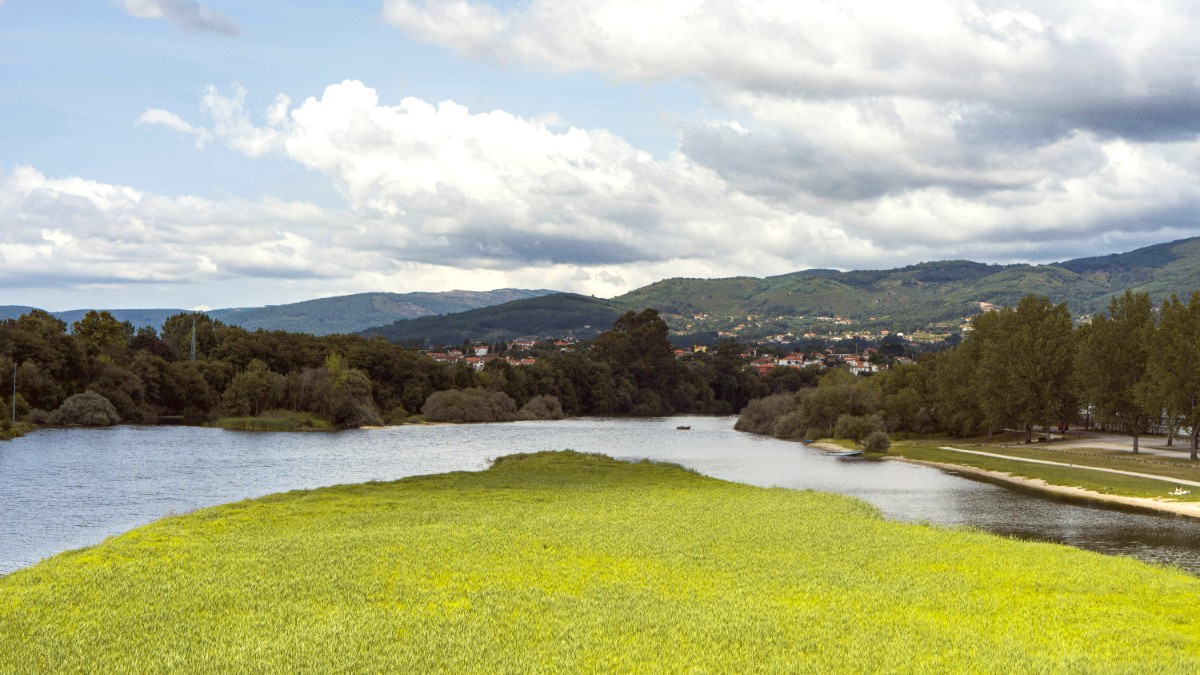
The North, Portugal
Staying connected and communicating well will make your trip smoother.
A few basic Portuguese phrases go a long way.
Information on typical operating hours and financial services.
Engage respectfully with local customs and traditions.
Smaller, family-run businesses or seasonal attractions might have reduced hours or close completely during the low season (winter). Always verify opening times online or with the tourist office to avoid disappointment.
Further details for navigating your visit to Viana do Castelo.
ATMs (Multibanco) are widely available 24/7. They accept most international cards (Visa, Mastercard, Maestro, Plus, Cirrus).
Priority Pass provides independent airport lounge access. Compensair assists with flight compensation.
Portugal observes several national public holidays. Viana do Castelo also celebrates municipal holidays, notably Romaria de Nossa Senhora d'Agonia (August).
Avoid sensitive topics to maintain a positive interaction.
Viana do Castelo's historic center can be challenging due to cobbled streets and narrow sidewalks. Contact accommodations and attractions directly to confirm specific accessibility features.
This section concludes the practical advice for your visit to Viana do Castelo.
Proper greetings show respect and openness to local culture.
Awareness of holidays helps plan your activities and avoid closures.
Responsible photography ensures respect for privacy and cultural norms.
Portugal generally is a progressive stance on social issues.
Verify opening times online or with the tourist office to avoid disappointment, especially for smaller businesses or during the low season.